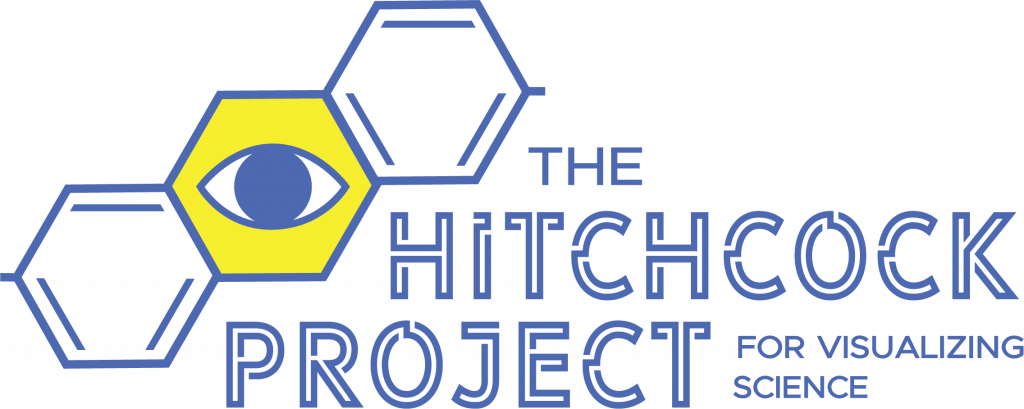Combating Health Misinformation in the Digital Age: Q&A with science communicator Maren Hunsberger

A conversation with Maren Hunsberger on the causes and effects of health misinformation, and creative strategies for building a more informed society. By Abdulmalik Adetola.
The Grass is Greener: Why NFL stadiums should avoid artificial turf
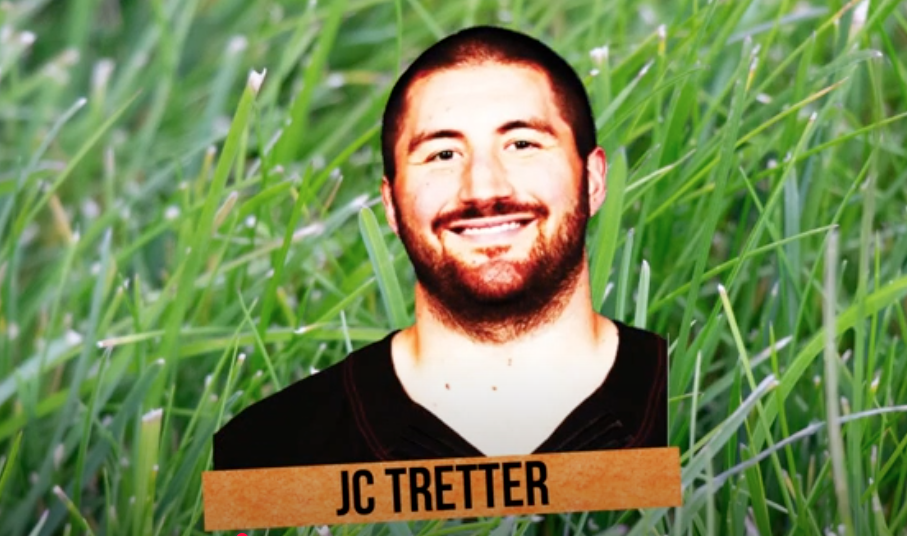
An animated explainer by Alin Beane breaks down the risks associated with artificial turf fields for football players.
Research continues to show Nevada casinos expose patrons to secondhand smoke

As Nevadans call for action to protect themselves from secondhand smoke and prevent tobacco addiction, researchers at the University of Nevada, Reno, are working to show the public and lawmakers the dangers Nevada’s smoking culture is having on children and teens. By Lily Wright/This is Reno.
The Hidden Risks of Football Hits: Understanding CTE
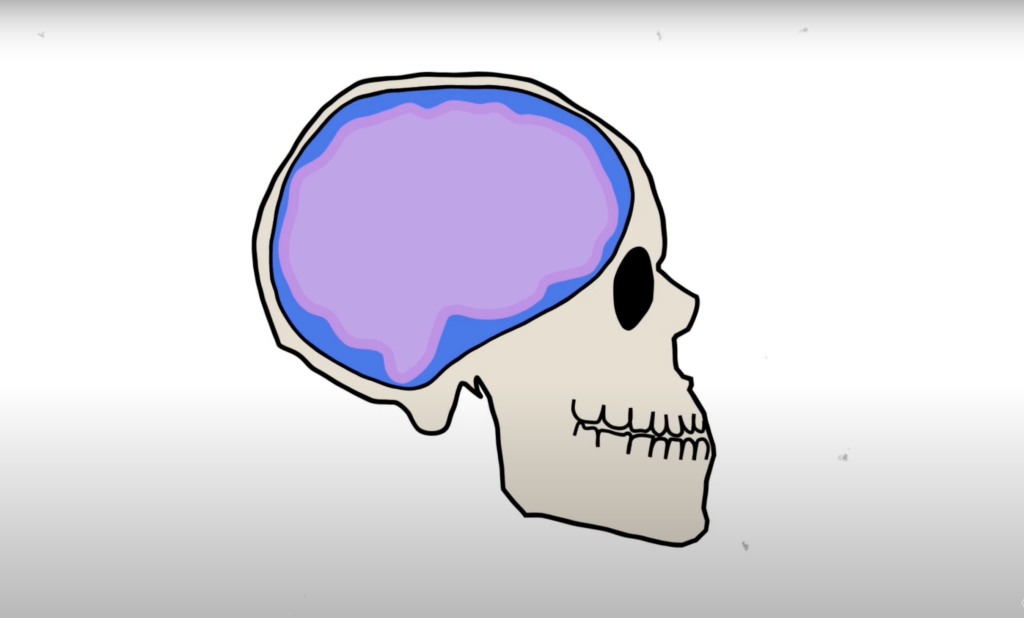
An animated explainer about the causes of CTE and potential solutions to enhance plyaer safety on the field. by Eric Chernaev, Reynolds School of Journalism.
Research Review: The Power of Storytelling & Narrative Persuasion in Promoting COVID-19 Vaccination

What if the key to convincing someone to get vaccinated isn’t facts or statistics—but a story? A research review by Abdulmalik Adetola examines the findings of a new study on health communication.
Redefining Recovery: The Hazelden Betty Ford Foundation’s Approach to Addiction Medicine

The Hazelden Betty Ford Foundation provides life-changing treatments for those fighting substance use disorder, and essential training for UNR medical students. A Q&A with Joseph Skrajewski. By Douglas Collins.
Tips for Cancer Prevention: A Conversation With Dr. Rajesh Rangaswamy
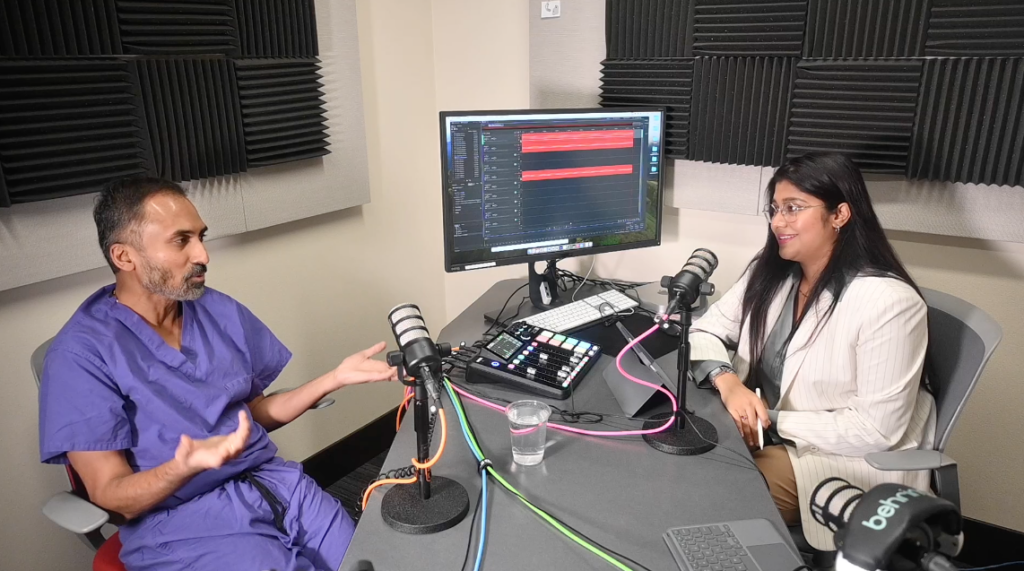
In this video podcast, UNR graduate student Shipra Goswami sits down with Dr. Rajesh Rangaswamy to get straightforward answers to some of the biggest questions we have about cancer: What are the biggest risk factors? Who is most at risk? And what can we do to prevent ourselves from getting cancer in the first place?
Harm Reduction Vending Machines
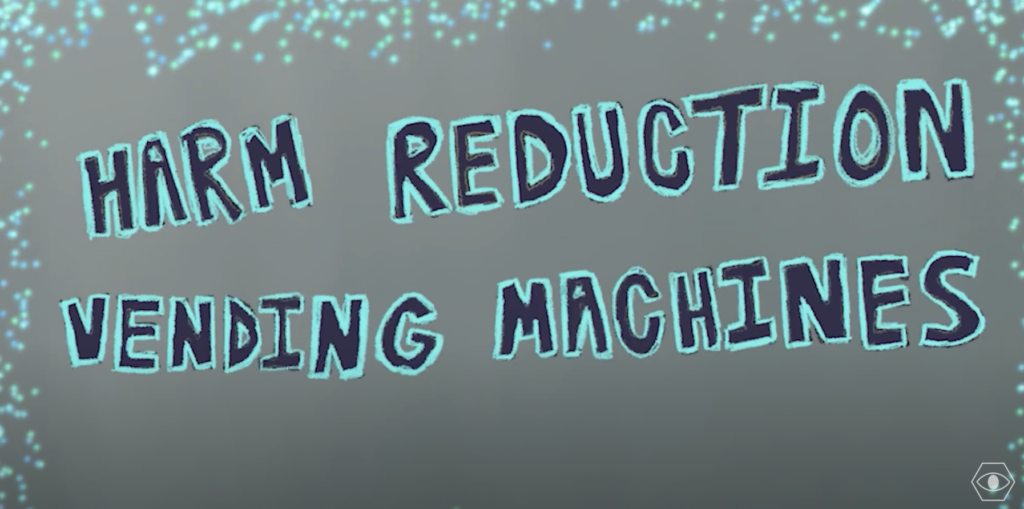
Harm reduction vending machines are stocked with a variety of supplies to keep people healthy and safe. These machines carry things like Naloxone, syringe kits, safe sex kits, hygiene kits, and ready-to-eat meals. Animation by Ray Grosser.
Op-Ed: The Global Epidemic of Health Misinformation During Crises

An opinion piece by Abdulmalik Adetola examines health misinformation and its global repercussions.
What Does a Concussion Do to My Brain?
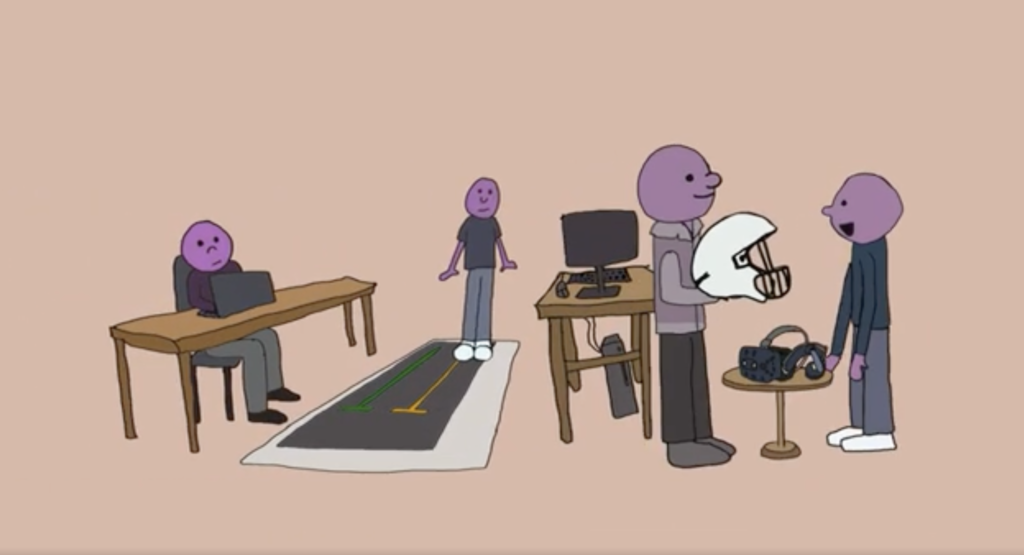
Dr. Nicholas Murray, Director of the Neuromechanics Lab at the University of Nevada, Reno, explains the science behind concussions, as well as how important it is to get evaluated and treated for this injury as early as possible. By Ray Grosser.


